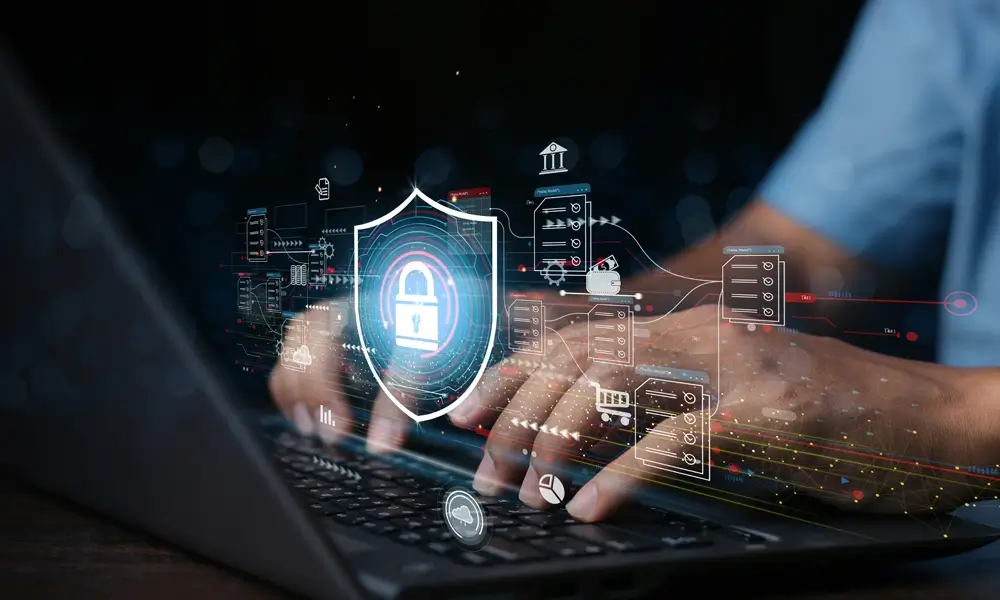Continuous auditing has the potential to change the traditional auditing paradigm, based on periodic reviews of accounting transactions, to a continuous review of all transactions that can strengthen an organization's risk management and business processes. If there was already a growth trend, after the Covid-19 pandemic, this practice became a differential.
Continuous auditing systems are similar to emergency management and response systems that integrate detection and alert functions, with decision tracking for situations that could be treated more effectively. One promising area will be how to integrate the detection and alert functions of continuous auditing with the tracking of human decisions and decision options into a cohesive system. Efforts to provide real-time detection of potential financial anomalies seem very similar to those of management and emergency response systems. Combining these efforts may be the means to overcome some of the implementation obstacles currently facing continuous auditing, as well as the basis for a revolutionary new management tool.
We live in challenging times, but they bring good opportunities for auditing professionals and their teams. In addition to financial risks, there are significant operational risks. As more professionals work remotely, the possibility of process failures emerges and this requires greater attention to the risks of changing standards and workplaces. The auditors' interactions with the company have changed, but it is essential that they continue to be a business partner providing advice in real time in the midst of the crisis.
The use of technology has also streamlined auditing work, making continuous monitoring easier and less costly, in addition to freeing auditors for analyses more focused on decision-making. It is essential that auditors connect technology with the process, since the inclusion of data analysis tools so that the audit evaluation encompasses a greater amount of information in its sample, is already a consolidated change.
The implementation of continuous auditing benefits the speed in the analysis of various processes within the organization, and with an expanded universe of samples, the process generates an enormous volume of analyses on the main processes, providing information on exposure to risks for the taking of actions and decisions by stakeholders, in a preventive and strategic manner. Therefore, the continuous auditing process must harmonize good professionals, appropriate methodology and technology that allows transformation based on innovation.
Contact TATICCA — ALLINIAL GLOBAL, which operates throughout Brazil and globally, with integrated auditing, accounting, tax services, corporate finance, technology, Risk Advisory, business consulting and training. For more information, visit www.taticca.com.br or email taticca@taticca.com.br and learn more. Our company has professionals with extensive experience in the market and has certified methodologies for carrying out activities.





